Do cashews contain potassium? How much potassium is in cashews?
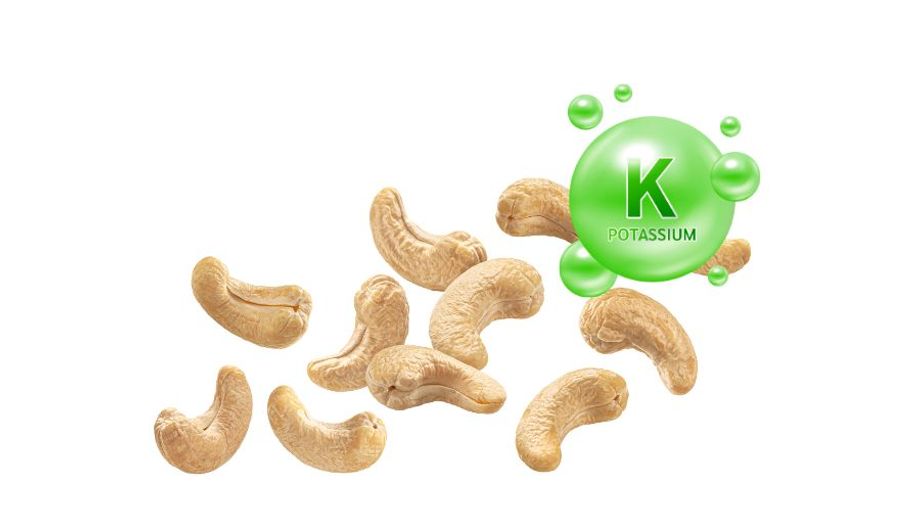
Mục lục
Cashews are a soft, sweet-flavored nut native to South America, particularly Brazil. Cashews can be sold raw or processed, such as roasted with salt or salted. Cashews are not only delicious but they are also packed with nutrients, including potassium.
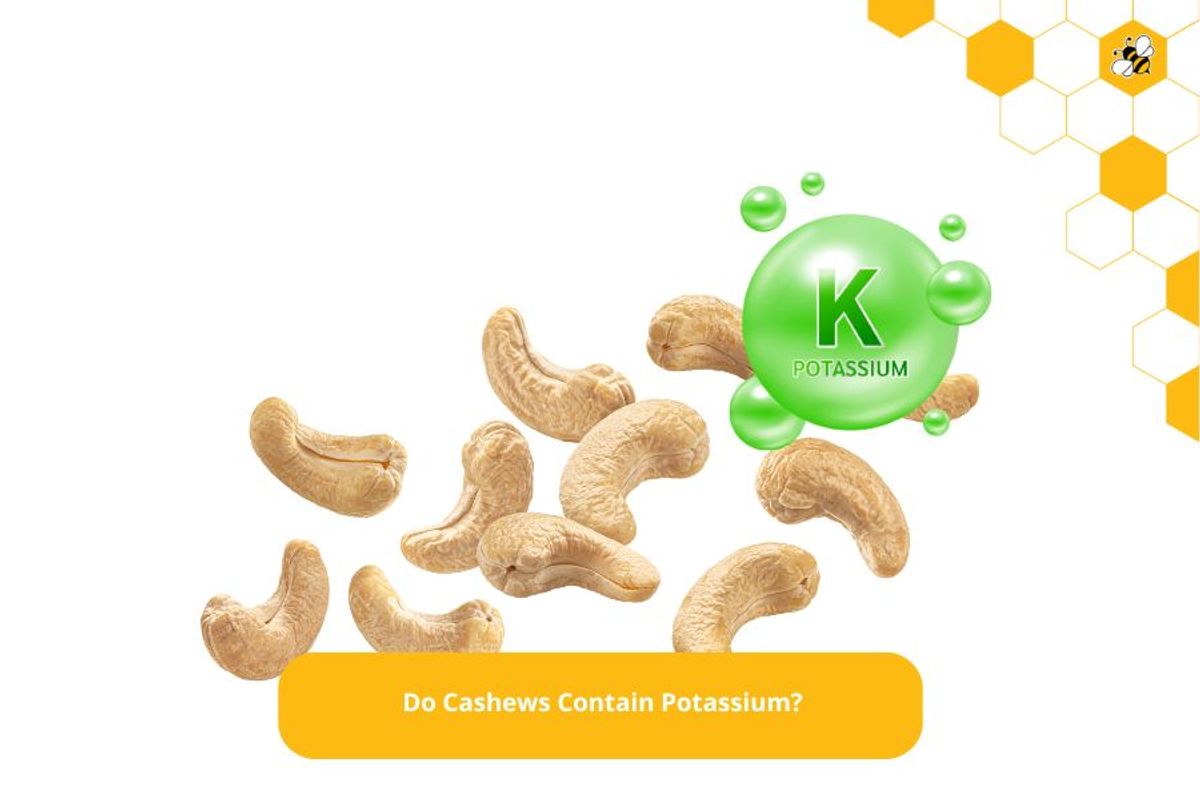
Do Cashews Contain Potassium? How Much Potassium Is In Cashews?
Cashews contain potassium and are a good source of this mineral. In 100 grams of cashews, there are about 660 mg of potassium12. Potassium is an important mineral for the human body, playing a role in many functions, including maintaining water balance, supporting muscle and nervous system activity, and controlling blood pressure.
In addition to potassium, cashews also contain many other nutrients, including:
Protein: 18.4 grams
Glucid (Carbohydrate): 28.7 grams
Lipid (Fat): 46.3 grams
Fiber: 0.6 grams
Vitamins: vitamin K (34.1 mg), vitamin E (0.9 mg), vitamin B6 (0.417 mg)
Minerals: calcium (28 mg), sodium (12 mg), magnesium (292 mg), folate (25 mcg)
Cashews are not only delicious food but also have many health benefits, including cardiovascular support, weight control, and energy supply. However, people with kidney failure should limit their consumption of cashews due to potassium content.
In addition to potassium, cashews also contain many other nutrients, including:
Protein: 18.4 grams
Glucid (Carbohydrate): 28.7 grams
Lipid (Fat): 46.3 grams
Fiber: 0.6 grams
Vitamins: vitamin K (34.1 mg), vitamin E (0.9 mg), vitamin B6 (0.417 mg)
Minerals: calcium (28 mg), sodium (12 mg), magnesium (292 mg), folate (25 mcg)
Cashews are not only delicious food but also have many health benefits, including cardiovascular support, weight control, and energy supply. However, people with kidney failure should limit their consumption of cashews due to potassium content.
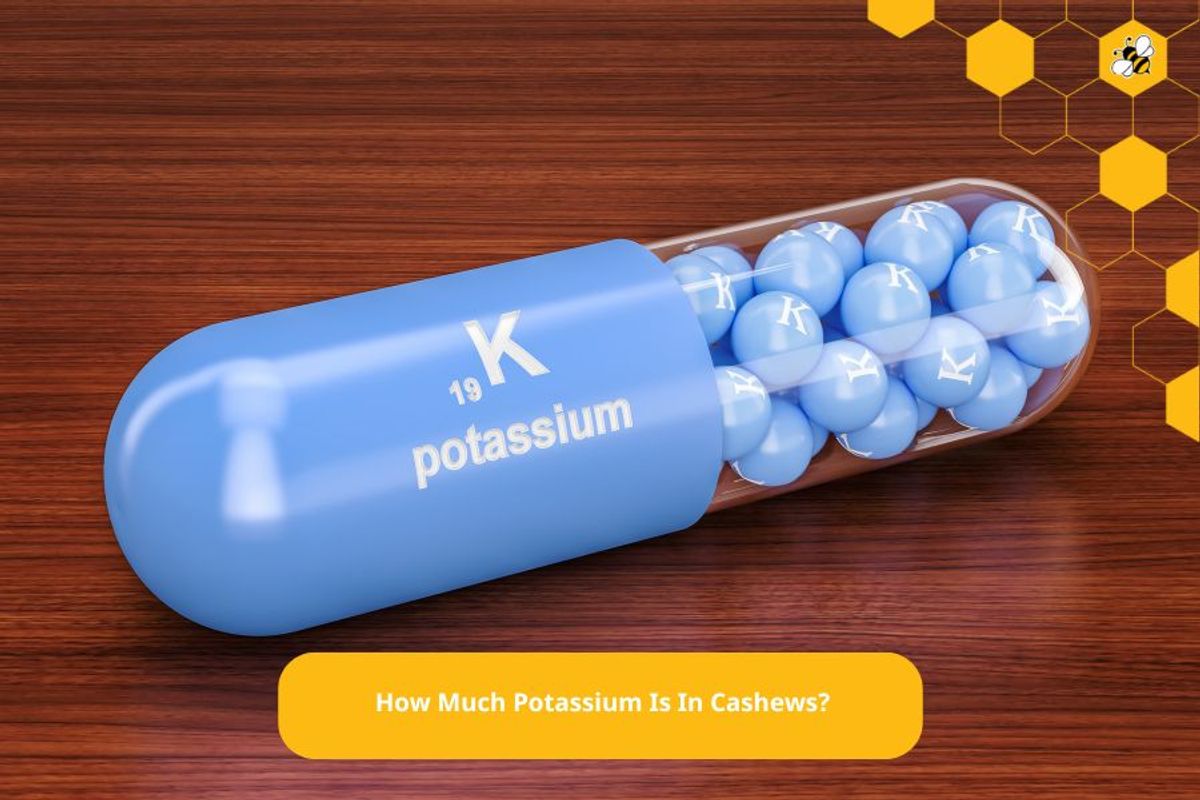
What is Potassium?
Potassium (also known as Potassium) is a chemical element, symbolized by K. It is a soft, white metal that reacts strongly with water, forming a base. Potassium has similar properties to sodium and is in group IA of the periodic table. It is an essential element for the functions of all living cells.
Potassium is a trace mineral that plays a very important role in regulating fluid volume, sending signals to the central nervous system, and regulating muscle contractions. About 98% of the potassium in the human body is found in cells. Of these, 80% is found in muscle cells, and the remaining 20% is found in bones, liver, and red blood cells. When in the body, this mineral will act as an electrolyte. When in water, potassium will dissolve into ions that can conduct electricity. Potassium ions carry a positive charge and are involved in controlling many important processes in the body, including fluid balance, nerve signal transmission, and regulation of muscle contractions.
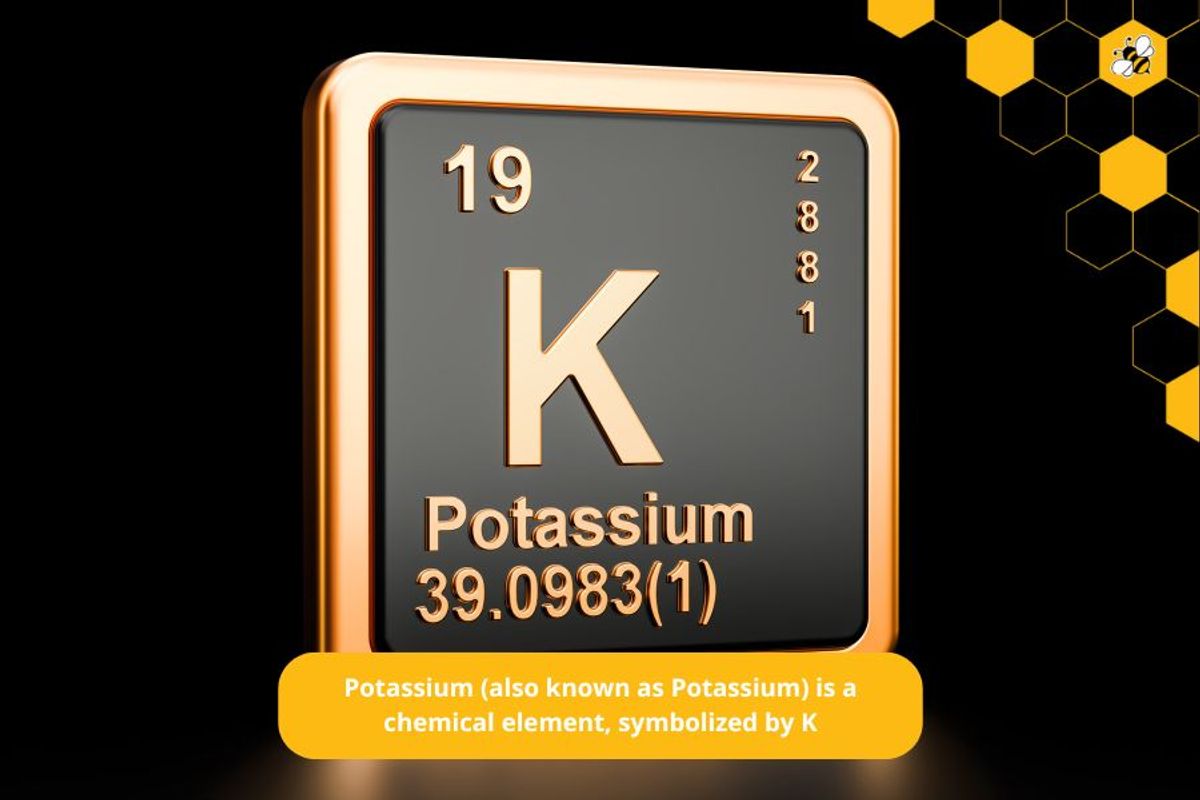
Effects of potassium on the body
Potassium is one of the important minerals in the human body. Here are some effects of potassium on health:
Regulating water and electrolyte balance:
- Potassium helps maintain the normal functioning of organs, especially the cardiovascular, muscular, digestive, and urinary systems.
- Potassium plays a very important role in regulating fluid levels, can send signals to the nervous system, and regulates muscle contractions.
- About 98% of potassium in the body is found in cells, with 80% in muscle cells and the remaining 20% in bones, liver and red blood cells.

Lowers Blood Pressure:
- Potassium can help lower blood pressure by removing excess sodium.
- This is beneficial for heart health and helps control blood pressure.
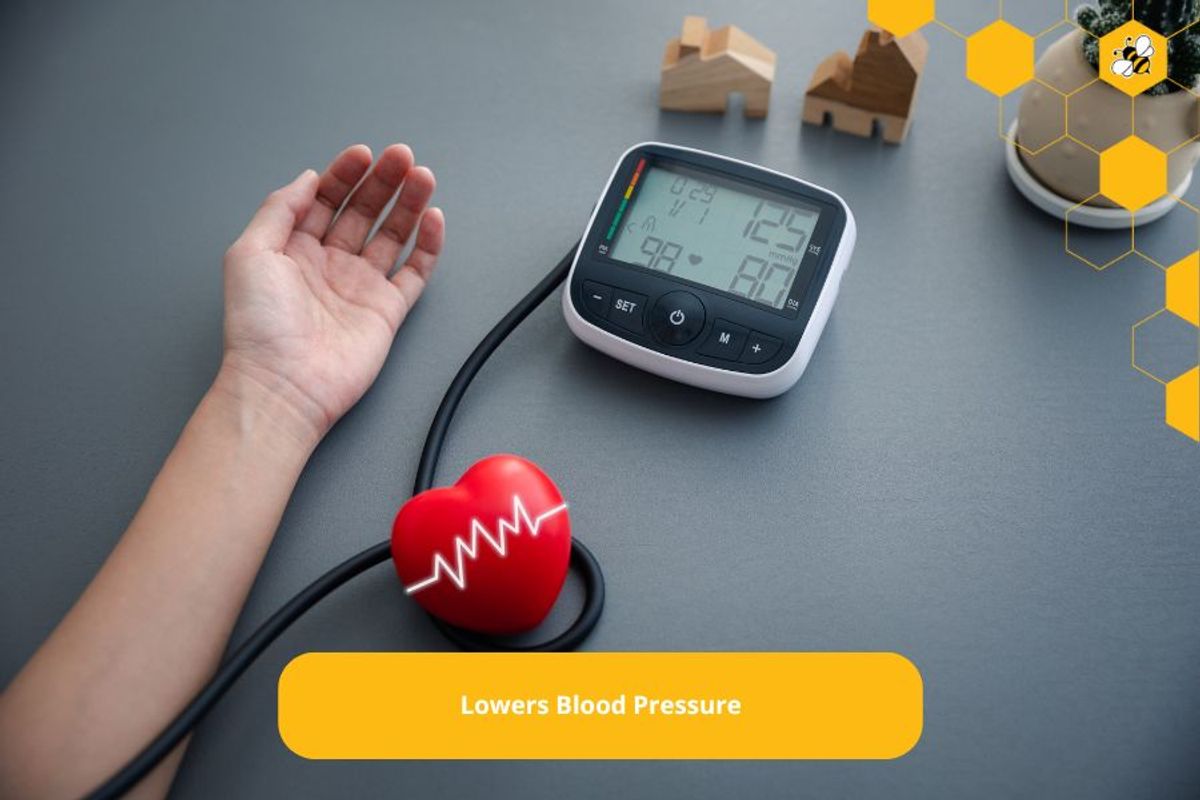
Improve insulin use: A diet rich in potassium can improve the body's use of insulin, helping to control blood sugar and the risk of diabetes. Potassium plays an important role in improving the body's use of insulin. Here are some ways that potassium affects insulin use:
Regulates insulin function:
Regulates insulin function:
- Potassium helps balance the amount of water and electrolytes in the body.
- A diet rich in potassium can improve insulin use, helping to control blood sugar and support diabetes treatment.

Antagonism with Ca++ and cardiac glycosides:
- Potassium participates in acid-base regulation.
- A balanced potassium intake in the diet helps reduce the frequency of arrhythmias and improves signs of depression and anorexia.
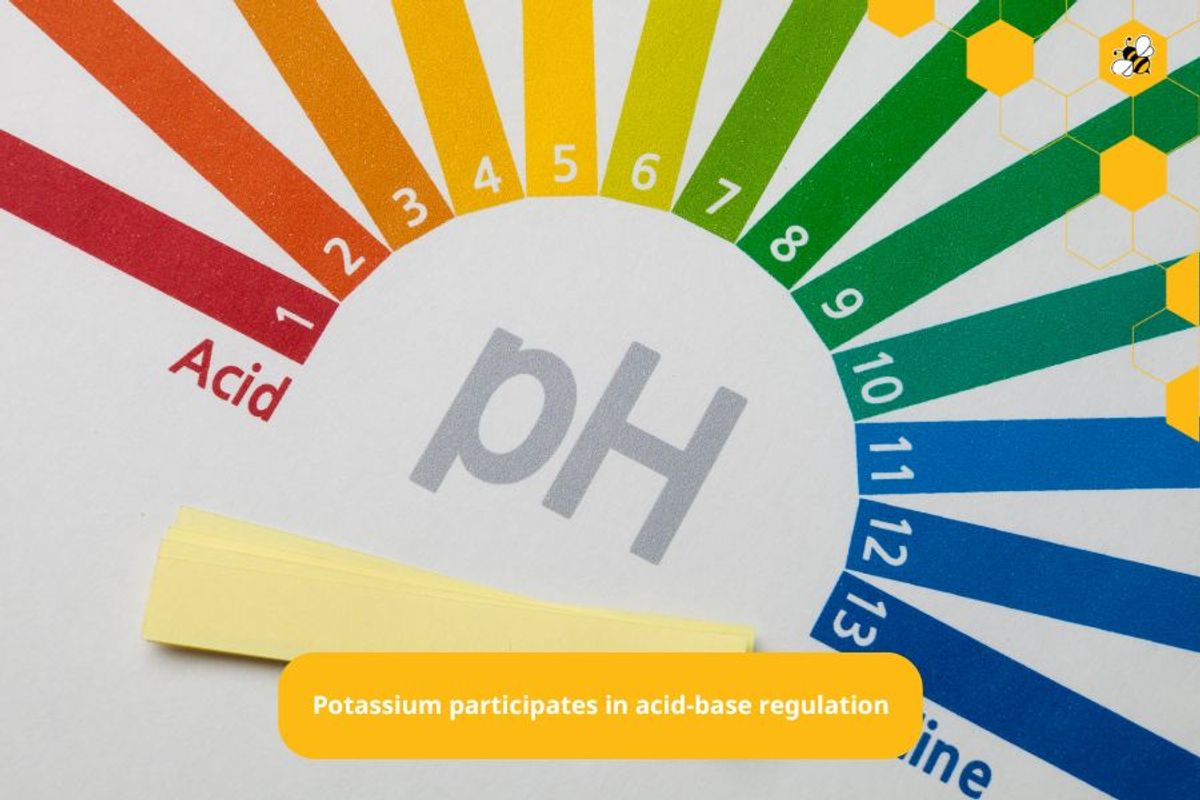
Building and maintaining muscles and bones:
- Potassium helps produce proteins from amino acids and converts glucose into glycogen, a major source of energy for the body.
- In older adults, potassium prevents bone loss due to osteoporosis, which makes bones more susceptible to fractures.

Pregnant women and children:
- Pregnant women need about 4.7 g of potassium a day to meet the body's needs.
- Children need potassium for muscle and brain development.
- Potassium helps prevent the risk of blood pressure, cardiovascular disease, and kidney stones in children in the future.

Reduces the frequency of arrhythmias: Potassium also helps reduce the risk of heart attacks and improves arrhythmias.
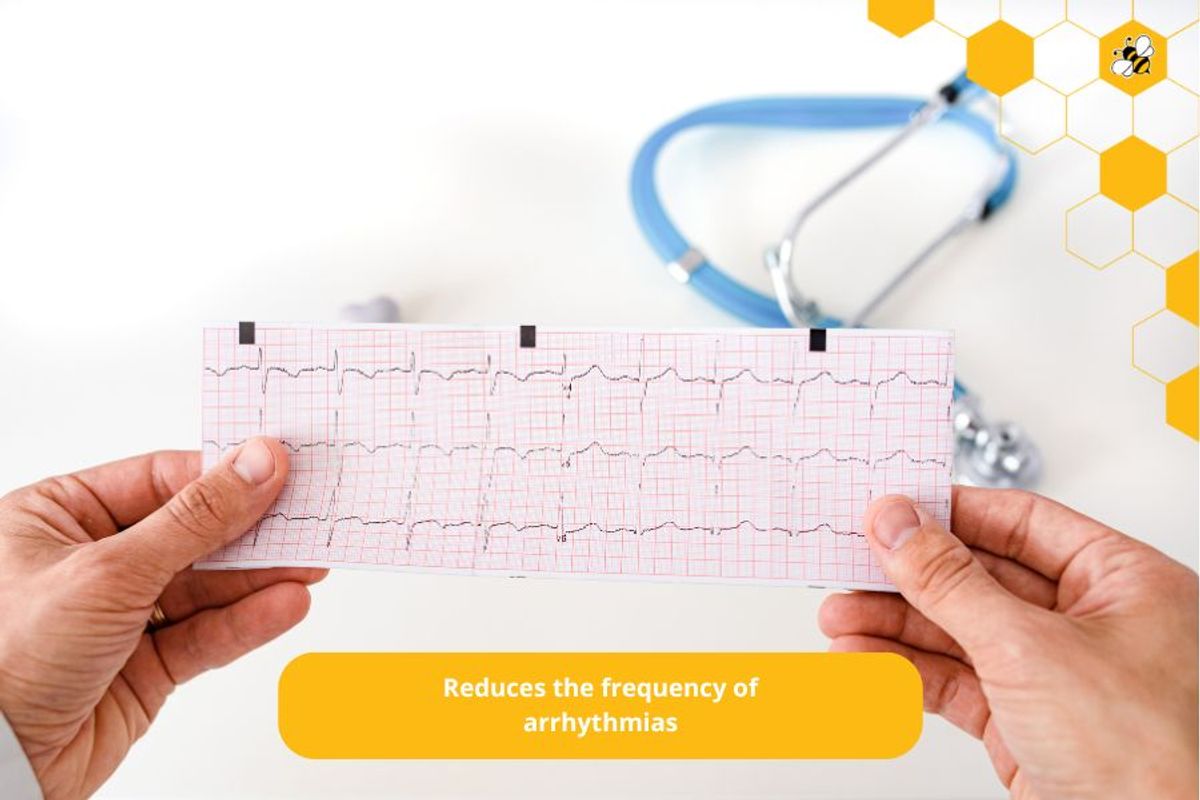
Improves Mood and Anorexia: Potassium can help improve symptoms of depression and anorexia. Here are some ways potassium affects mood and digestive function:
Interaction with the nervous system: Potassium is involved in transmitting nerve signals, which affect our mood and emotions. A potassium deficiency can cause stress and anxiety.
Regulates Digestive Function: Potassium helps maintain water balance in the body and aids in digestion. When the body is deficient in potassium, it can lead to loss of appetite and indigestion.
Interaction with the nervous system: Potassium is involved in transmitting nerve signals, which affect our mood and emotions. A potassium deficiency can cause stress and anxiety.
Regulates Digestive Function: Potassium helps maintain water balance in the body and aids in digestion. When the body is deficient in potassium, it can lead to loss of appetite and indigestion.
Related to muscle function: Potassium is involved in the mechanism of muscle activity. Potassium deficiency can cause muscle cramps and fatigue.

To maintain a good mood and support digestive function, make sure you get enough potassium in your daily diet. Cashews are a good source of potassium, so you can add them to your diet.
How to eat cashews to supplement potassium appropriately
Potassium is a very important mineral in the body. It helps balance pH and fluids, sends nerve signals, and regulates muscle contractions. Cashews are also a good source of potassium. Here are some facts about cashews and the role of potassium:
Nutritional composition of cashews
Cashews contain about 660 mg of potassium per 100 grams.
In addition to potassium, cashews also provide other nutrients such as fat, fiber, vitamin E, vitamin K, vitamin B6, calcium, sodium, and magnesium.
In addition to potassium, cashews also provide other nutrients such as fat, fiber, vitamin E, vitamin K, vitamin B6, calcium, sodium, and magnesium.
The role of potassium in human health
Acid-base regulation: Potassium helps balance the pH level in the body.
Lower blood pressure: A diet rich in potassium can help lower blood pressure and reduce the risk of heart attack.
Improve insulin use: Potassium aids in the use of insulin in the body.
Reduce the frequency of arrhythmias: Potassium plays an important role in the nervous and cardiovascular systems.
Improve mood and anorexia: Potassium is related to mental health and digestive function.
So, to supplement potassium properly, you can add cashews to your daily diet. Cashews are not only delicious but also provide many benefits for your health.
Cashews are a good source of potassium and can help supplement this mineral for the body. Here are some principles for proper potassium supplementation:
Cashews: Cashews contain about 660 mg of potassium per 100 grams1. You can add cashews to your daily diet to supplement potassium.
Other Potassium-Rich Foods: In addition to cashews, you can also add other potassium-rich foods to your diet, including:
Salmon: Salmon is also a good source of potassium.
Sweet Potatoes: Sweet potatoes are high in potassium and are also a good choice.
Bananas: Bananas also provide potassium.
Balanced Diet: Make sure you maintain a balanced and varied diet to get enough potassium and other nutrients.
Drink Enough Water: Potassium acts as an electrolyte in the body, so maintaining water and electrolyte balance is important. Drink enough water every day to help with this.
Lower blood pressure: A diet rich in potassium can help lower blood pressure and reduce the risk of heart attack.
Improve insulin use: Potassium aids in the use of insulin in the body.
Reduce the frequency of arrhythmias: Potassium plays an important role in the nervous and cardiovascular systems.
Improve mood and anorexia: Potassium is related to mental health and digestive function.
So, to supplement potassium properly, you can add cashews to your daily diet. Cashews are not only delicious but also provide many benefits for your health.
Cashews are a good source of potassium and can help supplement this mineral for the body. Here are some principles for proper potassium supplementation:
Cashews: Cashews contain about 660 mg of potassium per 100 grams1. You can add cashews to your daily diet to supplement potassium.
Other Potassium-Rich Foods: In addition to cashews, you can also add other potassium-rich foods to your diet, including:
Salmon: Salmon is also a good source of potassium.
Sweet Potatoes: Sweet potatoes are high in potassium and are also a good choice.
Bananas: Bananas also provide potassium.
Balanced Diet: Make sure you maintain a balanced and varied diet to get enough potassium and other nutrients.
Drink Enough Water: Potassium acts as an electrolyte in the body, so maintaining water and electrolyte balance is important. Drink enough water every day to help with this.
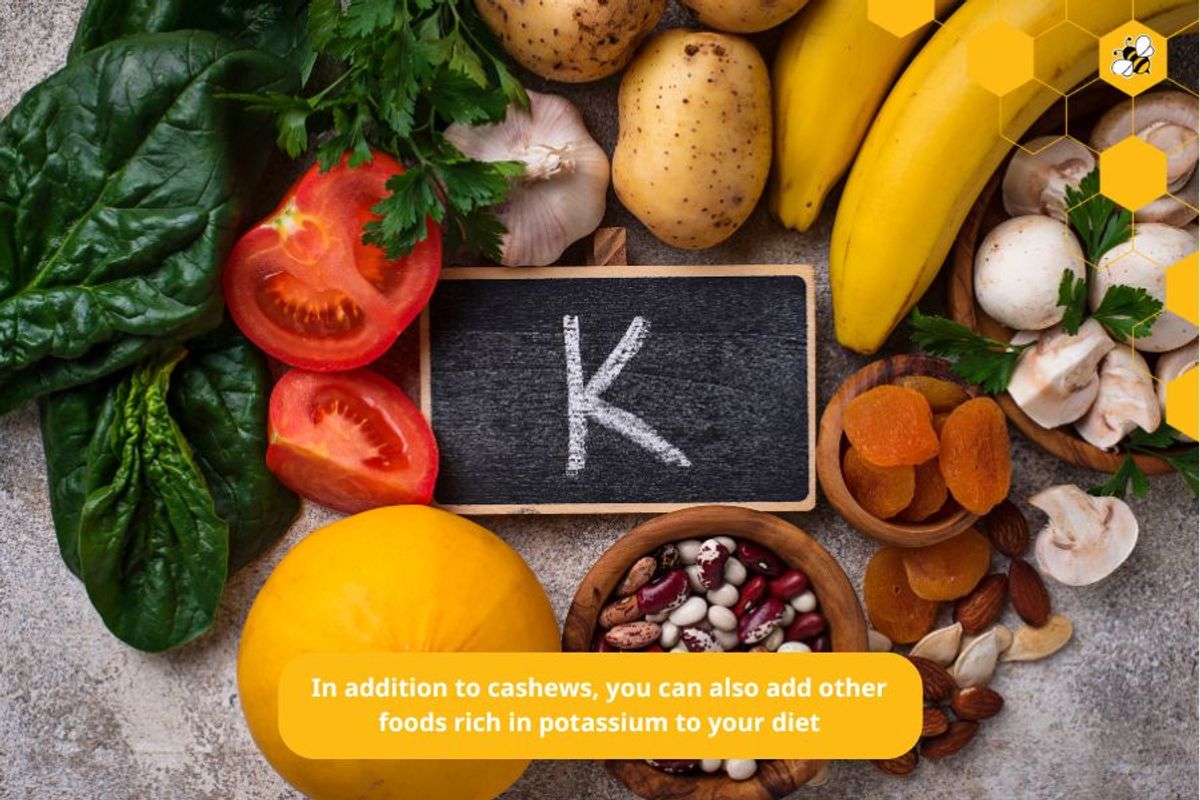
Conclusion
So, potassium is a very necessary mineral and you can supplement it through a healthy diet to prevent potassium deficiency or excess. Cashews contain a very high natural potassium content. Therefore, add cashews to your daily menu and enjoy the great benefits it brings to your body every day.